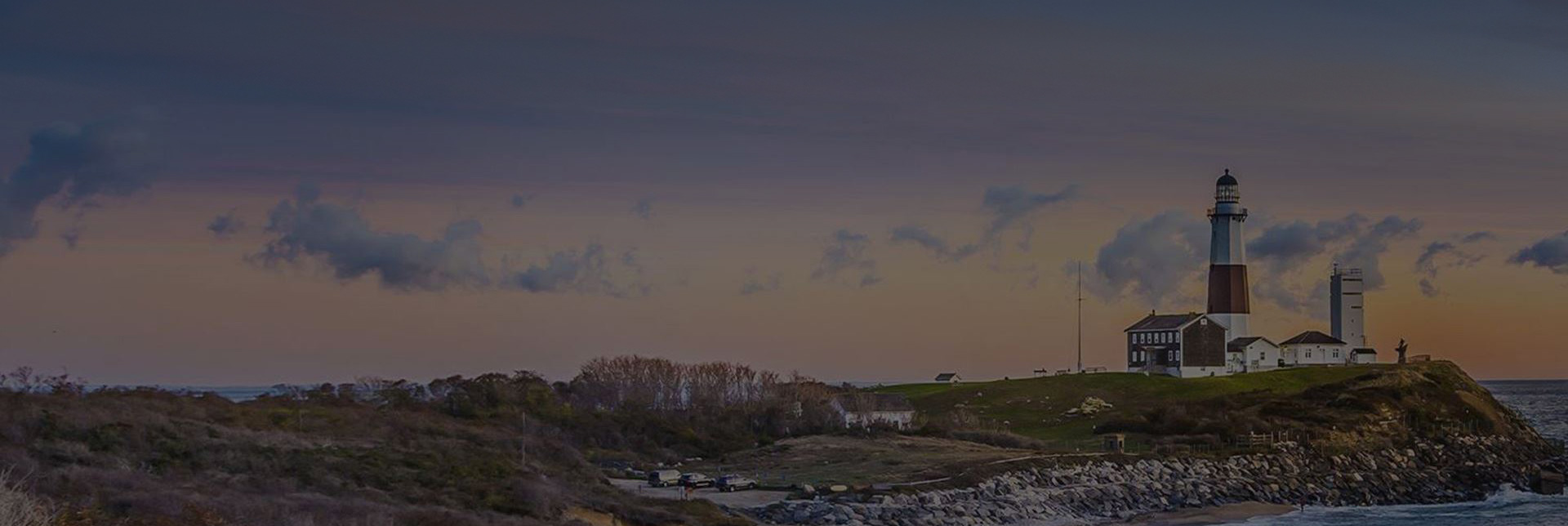One of the most eloquent responses to Robin Williams' death came from his best friend Billy Crystal, who posted on Twitter simply: "No words."
When someone close to us dies -- especially in a sudden and tragic way -- the grief is so deep that we truly don't have any words to describe it. And while Robin Williams may have lost the battle to take care of himself, it appears that he did take care of his family through a number of sophisticated estate planning strategies that spared them the pain and cost of a public probate court proceeding.
According to a Forbes article following Williams' death, Williams had significant real estate holdings, including a 653-acre Napa Valley estate and a waterfront home in Tiburon, California. The Napa Valley estate has been for sale since April with a price tag of $29.9 million; the Tiburon home has been valued at $6 million. According to public records, the equity in the properties totals approximately $25 million.
Both properties are held in the name of a real estate holding trust, which can remove the value of the properties from Williams' estate and result in significant estate tax savings for his family.
Williams also set up a trust for his three children that splits the fund into equal distributions for each child once they reach the ages of 21, 25 and 50. This trust was established during his 2009 divorce from his second wife.
This is the one place we see Williams could have done better. Leaving assets to children outright when they reach specific ages is a common strategy of estate planning attorneys, but isn't always the best strategy. When dealing with substantial wealth, Williams could have left his children their respective distributions in lifetime asset protection trusts that his children could have controlled as co-trustees or trustees, and which would have been protected from lawsuits, divorce, bankruptcy or any other type of creditor and future estate taxes for generations.
Of course, the most valuable part of Williams' estate is likely to be the ongoing royalties for his roles in movies and television as well as his comedy material. It is unclear whether the estate will be responsible for managing these or if Williams established a trust or corporate entity for this purpose.
While most of us do not have the wealth that Robin Williams enjoyed during his lifetime, we can all protect what we do have and ensure it passes to our loved ones using estate planning vehicles such as wills and trusts.

